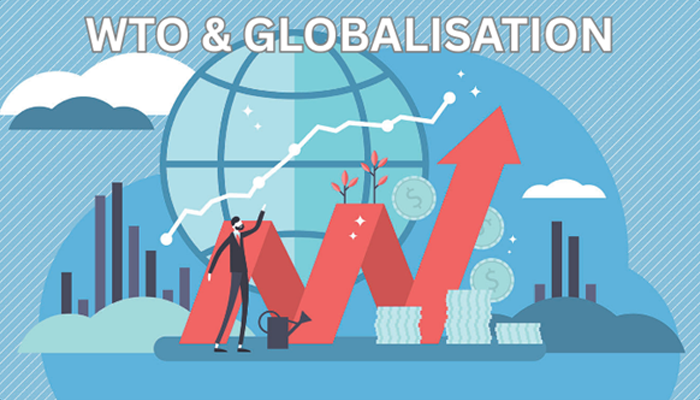World Earth Day: Cities of the Future – How Urban Spaces Are Going Green
- Devyani
- 10 months ago
- 4 minutes read

Imagine a city where skyscrapers breathe, streets are lined with trees instead of smog, and energy comes from the sun and wind. Sounds like sci-fi? Well, the future is greener than we think!
As we celebrate World Earth Day, it’s the perfect time to talk about how our cities are transforming into eco-friendly hubs. Urban spaces, once known for concrete jungles and pollution, are now leading the charge in sustainability. From vertical gardens to solar-powered streets, the cities of the future are all about going green.
So, how exactly are urban areas making this shift? Let’s take a relaxed stroll through the exciting innovations turning our cities into sustainable sanctuaries.
Green Buildings: Where Nature Meets Architecture
Gone are the days when buildings were just glass and steel. Today, green architecture is all the rage—and for good reason!
Living Walls & Rooftop Gardens

Cities like Singapore and Milan are turning buildings into vertical forests. Imagine walking past a high-rise covered in lush greenery—it’s not just pretty, it cleans the air too!
Energy-Efficient Designs
Smart buildings now use natural light, better insulation, and even self-cooling systems to cut down on energy waste.
Solar Panels Everywhere

From offices to homes, rooftops are doubling as mini power plants, soaking up sunlight to keep the lights on.
Who knew buildings could be so eco-friendly?
Smart Transportation: Cleaner Ways to Get Around
Traffic jams and exhaust fumes? No thanks! Cities are rethinking how we move, making transportation cleaner and smarter.
Electric Vehicles (EVs) Take Over

With more charging stations and incentives, EVs are becoming the new normal. Cities like Oslo and Amsterdam are leading the way.
Bike-Friendly Streets
Dedicated bike lanes and bike-sharing programs (hello, Citi Bike!) encourage people to ditch cars for pedal power.
Public Transport Upgrades
Electric buses, solar-powered trams, and even hydrogen trains are making mass transit greener than ever.
Less pollution, more fresh air—sounds like a win-win!
Urban Green Spaces: Bringing Nature Back to the City
Concrete can feel cold, but cities are warming up—literally—by adding more parks, gardens, and even urban farms.
Pocket Parks
Tiny green spaces squeezed between buildings give people a breath of fresh air (and a place to relax).
Community Gardens

From New York to Tokyo, locals are growing their own veggies, reducing food miles and boosting community spirit.
Green Corridors
Cities are linking parks with tree-lined pathways, creating safe routes for both people and wildlife.
Who says you need to leave the city to enjoy nature?
Waste Not: Cities Getting Smarter About Trash
Let’s face it—cities produce a lot of waste. But now, they’re getting creative about reducing, reusing, and recycling.
Zero-Waste Goals
Places like San Francisco aim to send nothing to landfills by composting and recycling almost everything.
Smart Bins

Sensors in trash cans alert collectors when they’re full, cutting down on unnecessary pickups.
Circular Economy
Instead of tossing stuff out, cities are repurposing materials—think recycled plastic roads (yes, that’s a thing!).
Turns out, one person’s trash really can be another’s treasure.
Renewable Energy: Powering Cities the Clean Way
Fossil fuels? So last century. The future runs on sun, wind, and innovation.
Solar Streets

Sidewalks that generate power? Experimental, but happening!
Wind Turbines in Unusual Places
Some cities are testing tiny turbines on rooftops and bridges.
Geothermal Heating
Underground heat is warming buildings in places like Reykjavik—no coal needed.
Clean energy isn’t just for the future—it’s already here.
The Future Is Green (And Happening Now!)
Cities aren’t waiting to go green—they’re doing it today. With smarter designs, cleaner energy, and a little help from nature, urban spaces are becoming healthier, happier places to live.
This World Earth Day, let’s celebrate the progress and keep pushing for more sustainable cities. After all, the future isn’t just green—it’s bright.












